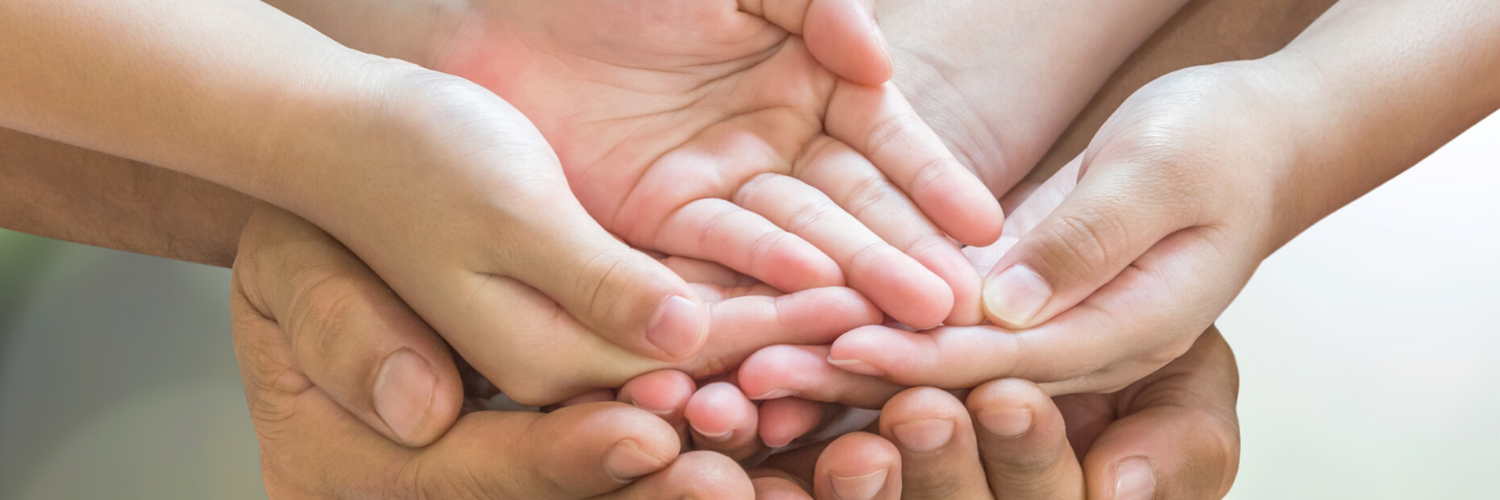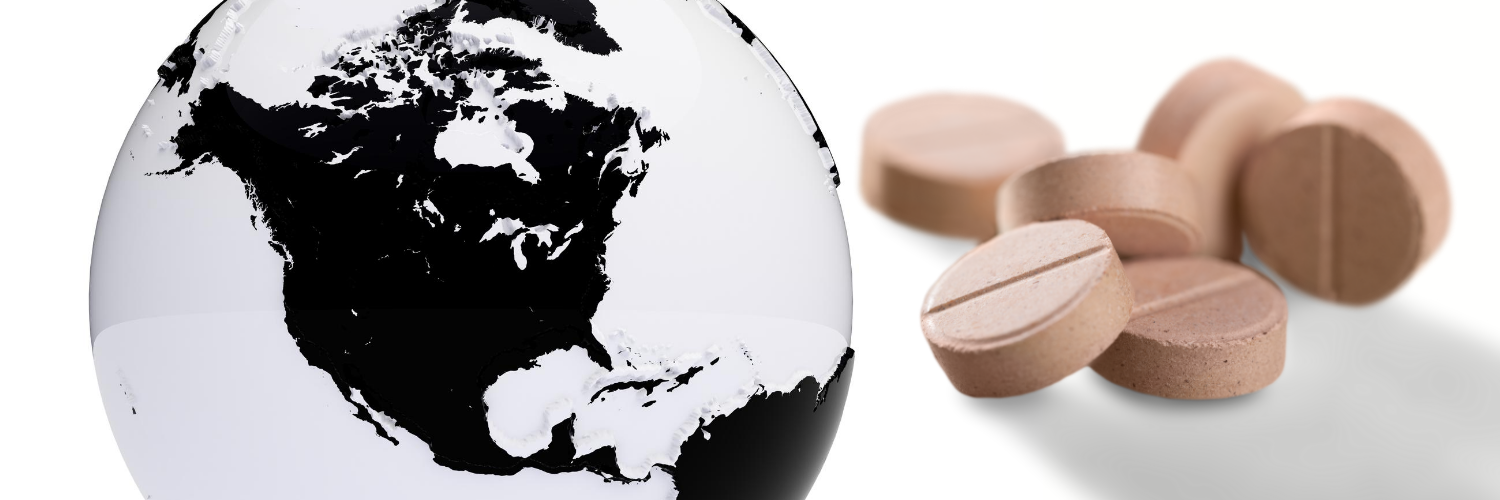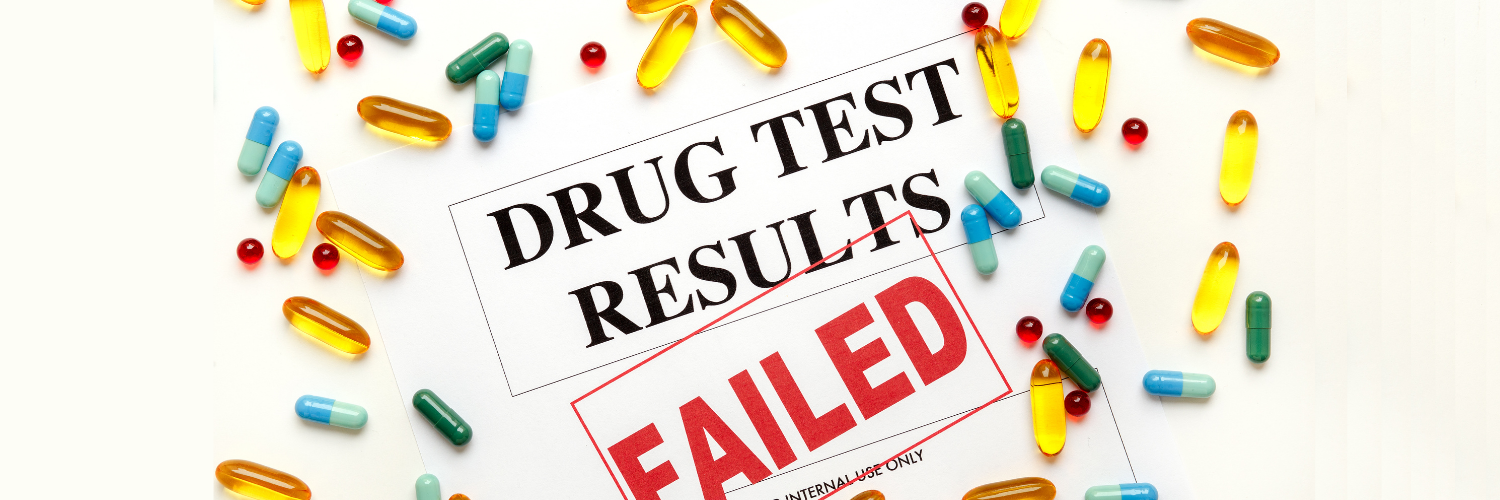Is it illegal to share or donate insulin and other prescription drugs?

First, a disclaimer: PharmacyChecker advice does not qualify as legal counsel. We advise you to consult your local and state laws before donating any prescription medication. Now we can do our best to explain what this is all about!
While the word “sharing” does not necessarily appear in any legal literature, it is illegal to “use or distribute” a prescription substance without a valid prescription. If you are interested in donating your medication, this is a different matter, and something you can absolutely do through the appropriate channels.
With prescription drug prices out of reach for so many, the act of sharing them has become a popular topic of discussion, and it’s something people do. This is especially the case with insulin.
In the past decade, more and more people with diabetes have admitted to sharing their insulin with another person. During her campaign to be the Democratic nominee for president, Elizabeth Warren met a man in Reno who shared his insulin prescription with his three children. In February 2019, The New Yorker published a profile of a 23-year-old who shared her prescription with her sister. These cases are a direct response to rising drug prices in America and have been publicized as a way to advocate for the lowering prices.
Controlled Substances
It is illegal to share prescribed medication, in general, and it seems even more so the case with controlled substances. Actually, federal laws relating to sharing medicines were put in place to specifically combat the sharing of addictive prescription drugs, specifically Schedule II, III, and IV controlled substances. Title 21 of the Code of Federal Regulations stipulates that all “controlled substances” be labelled with the following statement: “Caution: Federal law prohibits the transfer of this drug to any person other than the patient for whom it was prescribed.” That is a statement you will not find on non-controlled prescription drugs.
Prescription Drugs, Including Insulin
The sharing of non-controlled prescription drugs like insulin is a thornier issue. For non-controlled prescription medications, you should check with your local and state laws. The nature of the drug-distribution is also important: If you are selling prescription drugs, or you have obtained prescription drugs with the intent to sell, you are subject to real criminal charges. Remember, most of these laws were enacted to prevent the distribution of addictive substances - not insulin.
The FDA prohibits sharing insulin pens and needles due to the risk of spreading infection.
With state laws, sharing uncontrolled prescriptions is often prohibited as a way to further prevent the sharing of controlled substances. This does not necessarily mean that law enforcement will pursue you if you are, indeed, donating unused insulin. These laws are put in place to prevent the operation of illegal pharmacies, not the donating of insulin specifically.
The good news is, many states have established laws to allow for the sharing, or more specifically, the donation of prescription drugs. A bulk of them actually have state-run programs which allow you to donate unused drugs.
Can I donate my unneeded insulin?
Yes, so long as the insulin is far from its expiration date and local and state laws permit it. The nonprofit Insulin for Life takes donations of insulin in the form of pen, vial, and cartridge. The product must be a minimum of three months from its use-by date. The organization also accepts test kits (also unopened), Glucagon, and Ketostix. These products must be sealed and unused. Insulin pump technology is not accepted at this time.
Pharmacist TIP: Check locally. Check with your health care provider if there are families in need of insulin locally. You can also check to see if there are any charitable pharmacies, local mission, or animal shelters in your area that may accept insulin.
Can I donate my prescription drugs?
If you are looking to get rid of unneeded prescriptions that are not insulin, there are several organizations that facilitate donations of unopened, unexpired prescription drugs. The organization Sirum will take your unused prescription drugs and reuse them. There are also state-run programs which can help you donate prescription drugs. Some of these programs accept donations from across the country. Iowa’s program, titled SafeNetRx, accepts donations from any individual in the country. Individuals “at or below 200% of the poverty level” qualify for assistance from SafeNetRx. Wyoming’s program, called the Wyoming Medication Donation Program, also accepts out-of-state donations. The Product Stewardship Institute, an organization that advocates for the recycling of all products, period, has a drug recycling database which may be able to help you find the right program for your needs.
How do I dispose of drugs which are expired?
Experts recommend using a pharmacy dropbox, not your trash, for expired meds. Your local pharmacy will usually have a dropbox for expired drugs. Each year, to prevent the misuse of addictive prescription drugs, the U.S. Drug Enforcement Agency hosts a national drug “takeback day” during which people are encouraged to get rid of their unused prescription drugs responsibly. This year, Prescription Drug Takeback Day was to be April 25th, 2020. Due to the current COVID-19 pandemic, the day has been postponed. The DEA website has a collection site locator where individuals can find locations to dispose of their medications safely. The website also has a Substance Abuse and Mental Health Service (SAMHSA) Behavioral Health Treatment Services locator which helps individuals find resources in their area, confidentially. In 2017, President Trump declared the national rate of opioid abuse a “public health emergency.” The disposal of prescription opioids is not to be taken lightly.
If you cannot find a takeback solution, you may dispose of drugs yourself. There are a few drugs that the FDA recommends flushing down the toilet. These drugs -- there are fourteen of them -- are referred to as the “flush list.” Most other drugs can go in the trash, but you should be careful about it: The FDA recommends mixing the drugs with something filthy, so the pills cannot be easily removed from the trash.
Can I use expired insulin?
Expiration dates exist to protect you from using medicine that is no longer effective. Generally, medicine can last a few days beyond its expiration date. However, there is a reason medicines have expiration dates and it's recommended that you not rely on medicines beyond that date. Because insulin must be effective in order to keep a person with type 1 diabetes alive, patients should not take any risks with their medication.
Pharmacist TIP: The safety and effectiveness of insulin cannot be guaranteed once the expiration date is passed. Avoid using expired insulin unless in an emergency situation or after consulting your healthcare provider.
Learn more about insulin, diabetes medication, and drug safety
How do I prevent prediabetes from developing into type 2 diabetes?
How can I save money on Metformin? I don't have great insurance.
Can a pharmacy fill a prescription early?
Do you have questions or concerns about safely accessing insulin or other prescription drugs, whether locally or online? We’re here to help.
Comment below or ask a question by logging in to My PharmacyChecker.




